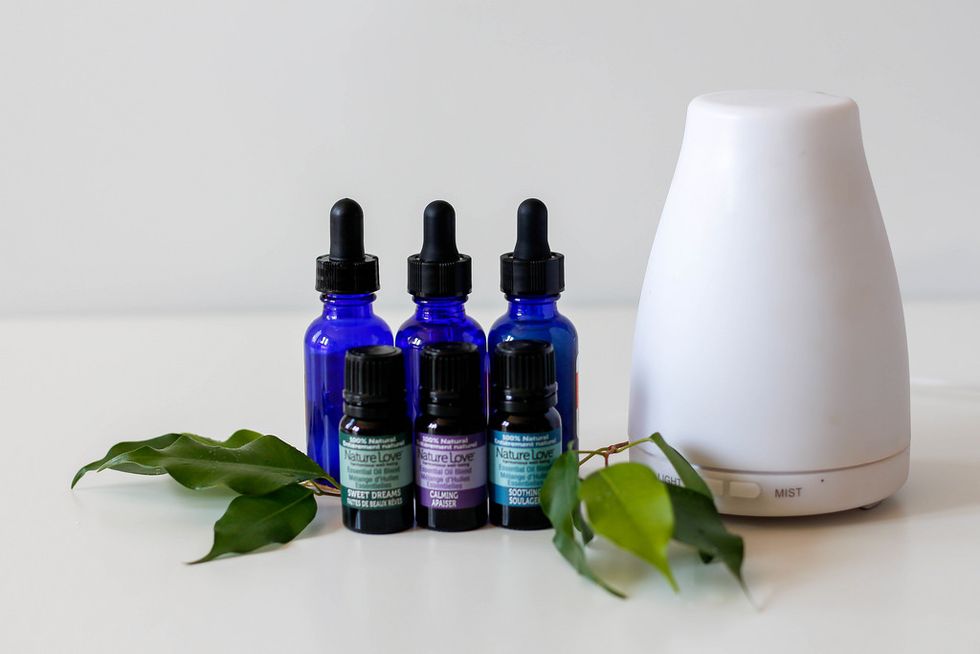Essential oils, or aromatherapy oils, seem to be everywhere these days, and for good reason. They have a wide range of benefit, and people are using them everywhere from pain relief to appetite stimulation. But, how much do we actually know about this natural remedy? It is important to remember that, just because something is natural, that does not mean that it is necessarily safe. Misusing essential oils is incredibly easy to do, and quite common, as well.
Not many people know of the dangers associated with essential oils.
One thing to keep in mind, is what medications you may be taking, alongside the oils. Though additional research still needs to be done, it is known that medications can interact with certain oils and cause complications, just like any health supplement can. To be safe, you may want to consult your doctor, before adding essential oils to your health routine.
The use of aromatherapy oils on infants, is fairly risky. Because the instructions for essential oils are aimed for adults, it is important to do plenty of research before applying them on a baby. Keeping essential oils away from children is incredibly crucial, due to the toxicity when they are ingested. Though some people do safely ingest certain essential oils, it is probably not best to try doing so yourself, unless you are well educated on the practice. Wintergreen oil, in particular, can cause death when swallowed.
The risks that some essential oils pose to pregnant and nursing women, are rarely known about. More research still needs to be done in order to determine what these negative effects are, and why they occur. However, scientists have found that essential oils can alter gut health, hormone regulation, and much more. Though some oils can be beneficial, experts recommend avoiding them all, just to be safe. The list of oils that are dangerous for pregnant women, in particular, is quite long. They include oregano, peppermint, rosemary, jasmine, sage, thyme, basil, chamomile, and much more.
People have also reported having skin irritation issues, regarding the topical use of essential oils. Almost always, oils should be diluted, before being applied to the skin, which can help to prevent skin irritation issues. One common mistake, when using essential oils on the skin, is using oils that increase photosensitivity. These oils are usually citrusy oils, like lemon, grapefruit, mandarin leaf, and orange peel. It is a good idea to stay out of the sun, if you do choose to apply these to your skin. Another thing to keep in mind, is whether or not you have sensitive skin. Applying oils to sensitive skin can be risky, and further research might be a good idea before doing so.
Not only can essential oils negatively impact the health of humans, but they can also be unhealthyfor ourpets, too. Just like you would keep oils out of reach from your children, you should do so for your pets, as well. Specifically, lemon, tea tree, cinnamon, wintergreen, and many more oils, are toxic for both cats and dogs, when inhaled or ingested. According to ASPCA, animals that come into direct contact with essential oils, can develop depression, low body temperature, and unsteadiness on the feet. It is advised to keep diffusers in rooms or areas that are kept away from pets, to prevent complications.
Essential oils can be incredibly beneficial, but it is important to know about the risks before indulging in this trend, as you should with any health supplement.






 The minimum wage is not a living wage.
StableDiffusion
The minimum wage is not a living wage.
StableDiffusion
 influential nations
StableDiffusion
influential nations
StableDiffusion












